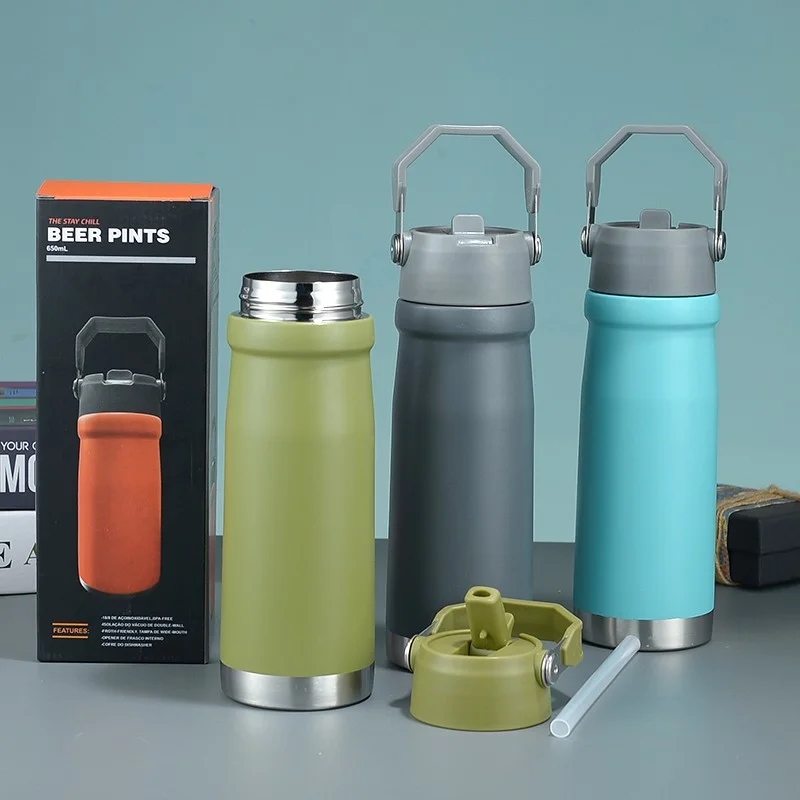Camping is an exhilarating way to connect with nature, but it can also present unique challenges, especially when it comes to meal preparation. The key to a successful camping trip lies not just in the destination, but also in the food you choose to bring along. In this article, we will explore the best food options for camping, focusing on nutrition, convenience, and taste, while ensuring that your outdoor culinary experience is both enjoyable and practical.
- Understanding Your Camping Environment
Before selecting your food, consider the type of camping you’ll be doing. Are you car camping, where you have access to a cooler and more cooking equipment, or are you backpacking, where weight and space are critical? Understanding your environment will help you make informed decisions about what food to bring.
- Nutritional Balance: Fueling Your Adventure
When planning meals for camping, it’s essential to maintain a balanced diet that includes carbohydrates, proteins, and healthy fats. Here’s a breakdown of what to include:
- Carbohydrates: These are your primary energy source. Opt for whole grains like quinoa, brown rice, or whole-grain pasta. Instant oatmeal packets are also a great lightweight option for breakfast.
- Proteins: Protein is crucial for muscle repair and recovery after a day of hiking. Consider bringing canned beans, lentils, or pre-cooked chicken. For a more gourmet touch, vacuum-sealed salmon or jerky can provide a protein boost without taking up much space.
- Healthy Fats: Nuts, seeds, and nut butters are excellent sources of healthy fats and are easy to pack. They also provide a satisfying crunch and can be added to various meals for extra flavor and nutrition.
- Meal Planning: Simple Yet Delicious Recipes
Planning your meals in advance can save time and reduce food waste. Here are some easy and delicious recipes that require minimal preparation:
- Breakfast Burritos: Pre-cook scrambled eggs and mix them with black beans, cheese, and salsa. Wrap them in tortillas and store them in a cooler. Heat them over the campfire for a hearty breakfast.
- Quinoa Salad: Cook quinoa at home and mix it with diced vegetables, chickpeas, and a light vinaigrette. This dish can be served cold and is packed with nutrients.
- One-Pot Pasta: Bring along a lightweight pot and cook pasta with your choice of vegetables and protein. Add a jar of marinara sauce for a quick and satisfying dinner.
- Snacks: Keeping Energy Levels High
Snacks are essential for maintaining energy levels throughout the day. Here are some nutritious and easy-to-carry options:
- Trail Mix: Create your own mix with nuts, seeds, dried fruits, and a sprinkle of dark chocolate for a sweet treat.
- Energy Bars: Look for bars that are high in protein and fiber. Alternatively, you can make your own using oats, nut butter, and honey.
- Fresh Fruits: Apples, oranges, and bananas are durable and provide a refreshing snack option.
- Hydration: Don’t Forget the Water
Staying hydrated is crucial, especially when engaging in physical activities. Always carry enough water or a reliable water filtration system if you plan to source water from natural bodies. Consider adding electrolyte tablets to your water for an extra boost.
- Eco-Friendly Practices: Leave No Trace
As you enjoy your culinary camping experience, remember to practice Leave No Trace principles. Pack out all trash, choose biodegradable products, and minimize your impact on the environment. Opt for reusable containers and utensils to reduce waste.
Conclusion: Elevate Your Camping Experience
Choosing the right food for camping can transform your outdoor experience from mundane to memorable. By focusing on nutritional balance, meal planning, and eco-friendly practices, you can enjoy delicious and satisfying meals in the great outdoors. So, gear up, pack your gourmet camping food, and get ready to savor every moment of your adventure!


